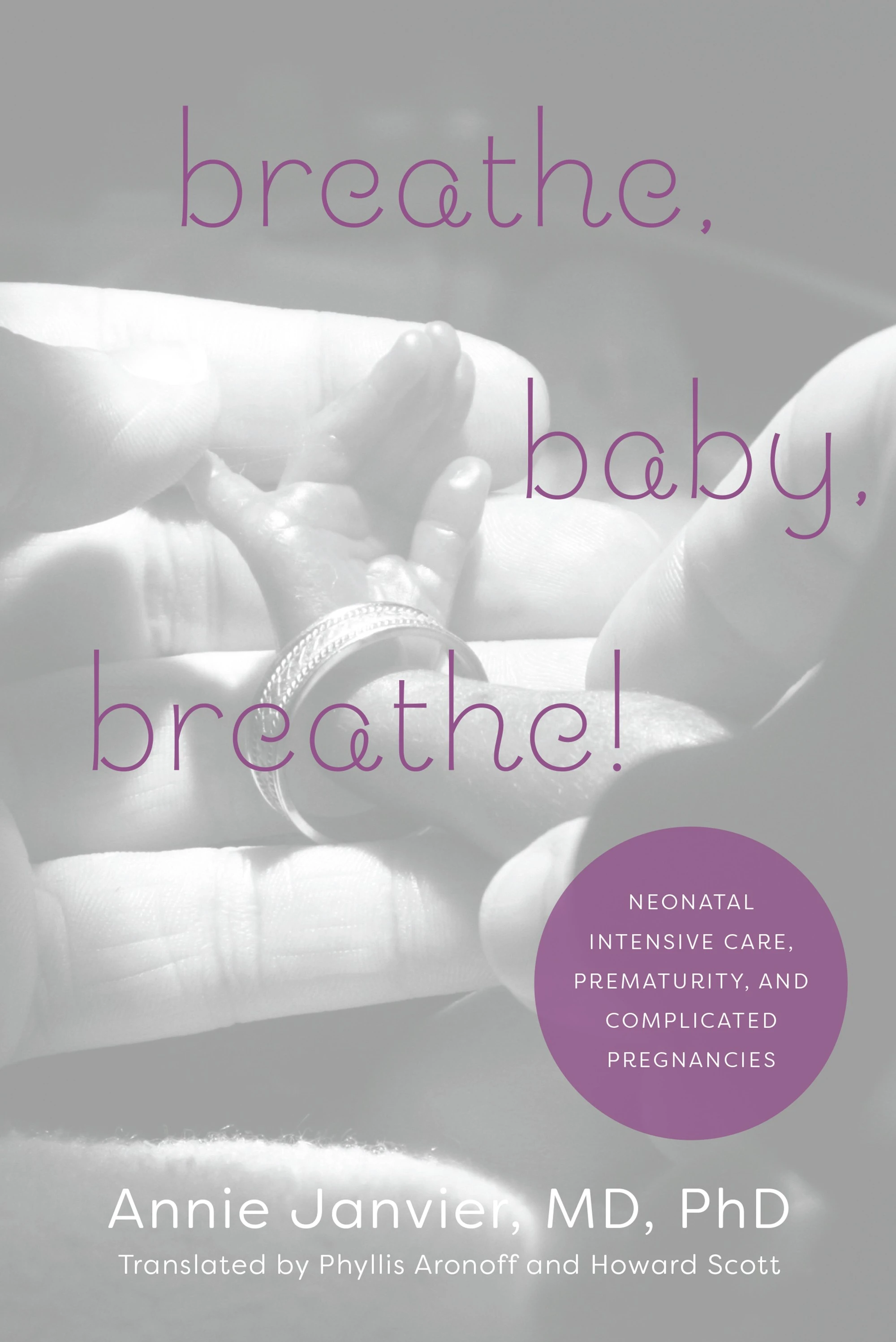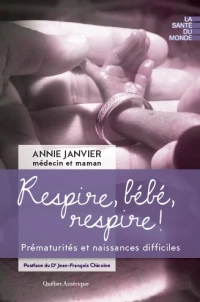I realize that many of my gentle readers may not have access to the Cochrane reviews in full text as soon as they are published. The NICHD do provide free access to the neonatal reviews, (together with a useful introduction to the value, limitations and methodology of the Cochrane reviews) but it seems to take a couple of months for them to catch up with a new review arriving. Even OVID, one of the ways of accessing some of the Wiley content, which is how I access the reviews from my university, hasn’t updated the Cochrane Library to include the fluid restriction review yet. Which means I can’t even access the full text on-line myself yet!
I will re-post about the 3 latest reviews that we have published as soon as full text is available from the NICHD web-site.
I thought therefore I would re-post this, about the fluid restriction SR, and add a slightly edited version of the Summary of Findings table, with the secondary outcomes of the systematic review that we included. You will note that I could not calculate the confidence intervals for the duration of oxygen therapy, the standard deviations weren’t included in the original article (rather they included the ranges). Nevertheless the means are so similar that the confidence intervals are likely to be wide, and certainly to be ‘not significant’.
I have never been convinced that fluid restriction is a good thing for kids with BPD. I think the common practice came about because of the short-term improvements in lung function that sometimes follow if you start diuretics. The idea being that if diuretics improve lung function, then giving less fluid will also.
But this is a false equivalency, diuretics cause sodium depletion, and therefore decrease total body water, and probably lung water content also. Fluid restriction in contrast leads to a reduction in urine output, and, within clinically reasonable limits, will not have an impact on total body water, and there is no reason to believe that they will reduce lung water content either.
Diuretics may have other direct effects on pulmonary function, that will not occur with fluid restriction. Inhaled furosemide, for example, improves pulmonary mechanics in BPD, presumably by acting on the same sort of ion pump that loop diuretics block in the kidney.
Even in adults with fluid overload (those with oedematous congestive heart failure) RCTs of fluid restriction show no effect, unless sodium intake is also severely restricted. Sodium restriction alone works as well, so the fluid restriction adds nothing.
Despite this, there are recommendations from usually reliable people that babies with BPD should have their fluid intake restricted, such recommendations are often accompanied by a reference, usually a reference to another recommendation or to a narrative-type review article.
I have been planning for years to do a systematic review for the Cochrane library, of fluid restriction as treatment for early or established BPD. We have finally finished the review and it has just appeared. (Barrington KJ, Fortin-Pellerin E, Pennaforte T. Fluid restriction for treatment of preterm infants with chronic lung disease. Cochrane Database of Systematic Reviews. 2017(2).)
Using the usual search procedures we could only find one relevant trial. In fact the initial search didn’t find the article (Fewtrell MS, et al. Randomized trial of high nutrient density formula versus standard formula in chronic lung disease. Acta Paediatrica. 1997;86(6):577-82.) even though I knew it existed; the Pubmed key words did not mention fluid volumes or restriction, so we tweaked the search to ensure that we found the article, and to make sure that we would find any others that exist.
So the only RCT evidence addressing fluid restriction is a study of 60 preterm babies with early chronic lung disease (needing oxygen at 28 days of age) who were randomized to either get 180 mL/kg/day of a regular formula, or 145 mL/kg/d of a concentrated formula. Unfortunately they didn’t report on one of our outcomes, oxygen requirement at 36 weeks, as it wasn’t, at that time, the standard outcome that it has since become.
That study showed no benefit of fluid restriction on any outcome. The fluid restricted group had more apneas, a finding unlikely to be due to chance, and also had more babies who needed more than 30% oxygen during the trial, a difference which may have been due to chance.
Fluid restriction risks nutritional restriction also; even though the idea may be to reduce the free water intake, babies often get fewer calories and less protein when fluid restricted, while babies with BPD actually need more calories. They will also produce more concentrated urine, which might increase the risk of nephrocalcinosis as well.
The final message is that there is no evidence to support the practice of fluid restriction of babies with early or established BPD. There is no physiologic rationale either. There are potential risks to the practice.
We should stop doing it.










I read with interest your commentary on fluid restriction in the “treatment” for BPD. Your comment is based on a review published in the Cochrane library that you and colleagues recently published in which the single study meeting criteria for analysis was in 60 patients studied from 1991 to 1993 randomized to either 180 or 145 mL/kg/day. Your conclusion based on the systematic review was that “there is no evidence to support the practice of fluid restriction of babies with early or established BPD.” Your statement is strictly correct, but I wonder whether you could also use the data from a small study of patients 25 years ago and say that in 2017 that there is no evidence to refute that the practice of fluid restriction of babies with early or established BPD is beneficial? You state further that “there is no physiologic rationale either.” As I am sure you are aware, there are data reported that say that patients with BPD have higher concentrations of arginine vasopressin, lower serum sodium concentrations and osmolality and lower free water clearance than control infants, which, while not proof that the practice of fluid restriction is beneficial in infants with BPD, is at the least a strong rationale that the practice may be beneficial. I am in full concurrence with the notion that excellent nutrition is critical for infants with BPD as good nutrition is important for lung growth, but I think that good nutrition is possible with modest fluid restriction, and, based on the information available I would be careful to not state strongly that for the practice of fluid restriction “we should stop doing it” .
Thanks for the thoughtful comment. We stated our conclusion as we did as fluid restriction is often recommended as an intervention for infants with BPD, and the low quality evidence that we were able to find does not support doing this. We did not add, and could have, that the confidence intervals are wide and leave open the chance that there is a benefit.
As for the physiologic rationale, the data regarding AVP levels is even older, published in 1990 and 1988, and based on a very tiny study (Kojima et al Pediatric Research 1990) and one only slightly larger (Tom Hazinski’s paper in Petric Research in 1988). In the Kojima study there were 9 babies of 28 to 33 weeks gestation, and 5 controls. The BPD babies did indeed have higher AVP levels at 4 weeks of age, but they also had higher ANF levels. The 2 groups actually had the same fluid intake and the same urine output.
The higher AVP levels may be the result of gas trapping and increased lung volume leading to decreased venous return, the increased ANF levels may be a compensatory response to the increase in AVP.
Preterm babies in general after the first couple of days of life are capable of eliminating a fluid load quite effectively, increases in fluid administration lead to increases in urine output, reductions in fluid intake, within reasonable limits, just lead to reductions in urine output, without change in total body water.
I don’t know of any evidence that that situation is changed in BPD.
I do not dispute that infants with BPD, in the earlier phase at least, have increased lung water content, old pathology studies and a 2004 MRI study (Adams EW, et al. Increased lung water and tissue damage in bronchopulmonary dysplasia. The Journal of pediatrics. 2004;145(4):503-7. A really cool study from David Edwards group in London). The question is how a modest reduction in fluid intake can affect that increase in lung water, which is due to inflammatory changes and associated with the structural damage of the immature lung.
I guess if you gave a baby a small enough quantity of fluid there would come a point where the renal concentrating abailities of the infant were insufficient to prevent dehydration, at which point total body water might decrease, and consequently even the inflammatory oedema of the lung might be reduced. I don’t think anyone advocates that severe a fluid restriction, leading me to maintain my statement that there is (at present) no physiologic rationale for doing so.
But I probably haven’t convinced you…
Just before I left McGill I started a project, a randomized cross-over study of fluid restriction, using bio-electrical impedance to measure body composition, in infants with early BPD. Unfortunately I didn’t get very far in recruitment before I left. (One thing I didn’t mention about Mary Fewtrell’s study that was the only data source for the systematic review, is that they used that technique also, they didn’t report the data but stated that there was no difference between groups, and offered the data if desired).
I think a similar study now, in infants with “new BPD” and using that technique, or if there is something better that is also non-invasive, would be a good way to start to see if there is something in the practice of fluid restriction. At least if you couild show that babies with BPD who are fluid restricted do actually have a decrease in their total body water, then you could develop a rationale for a larger trial including babies who are more relevant to current practice.